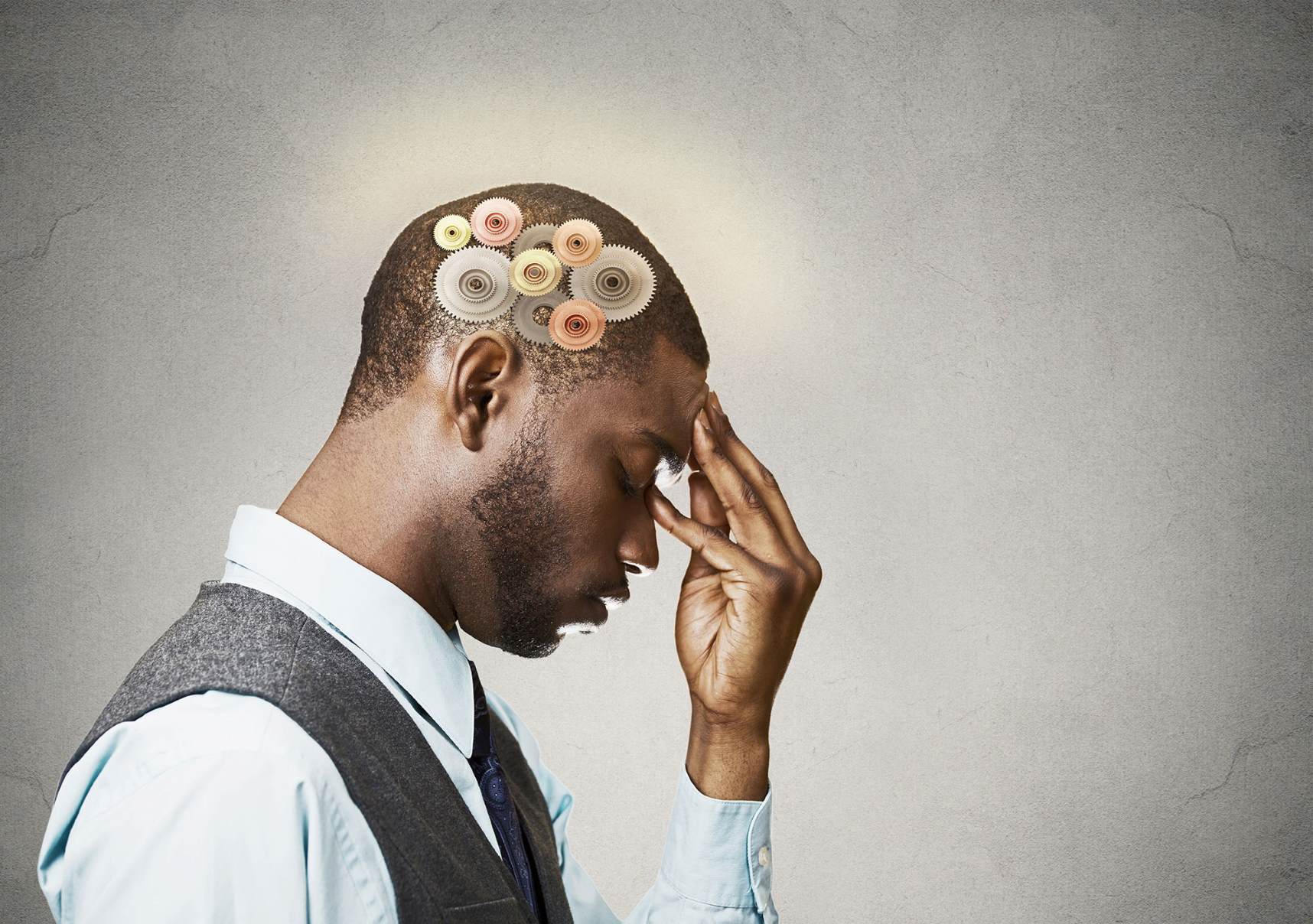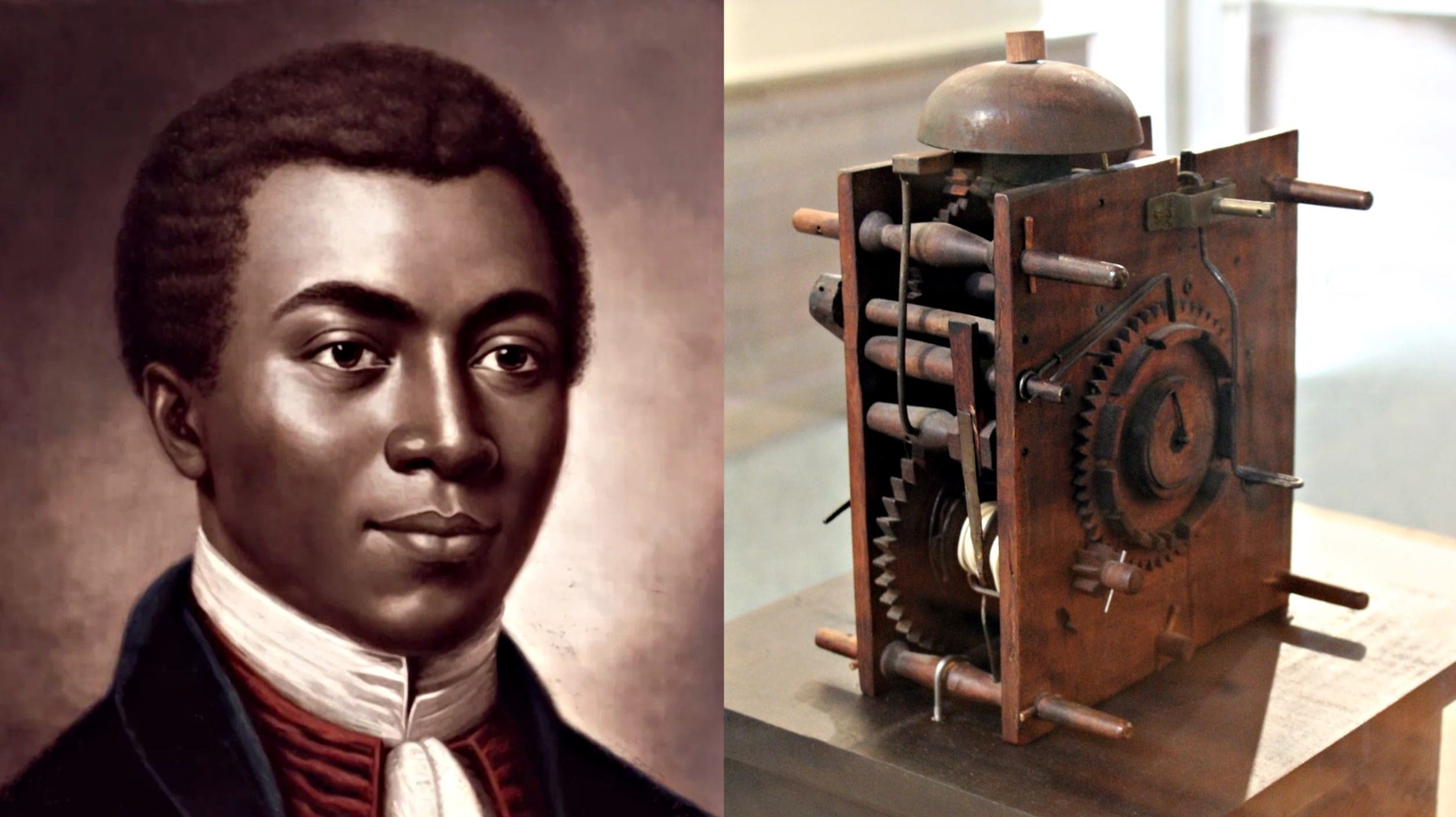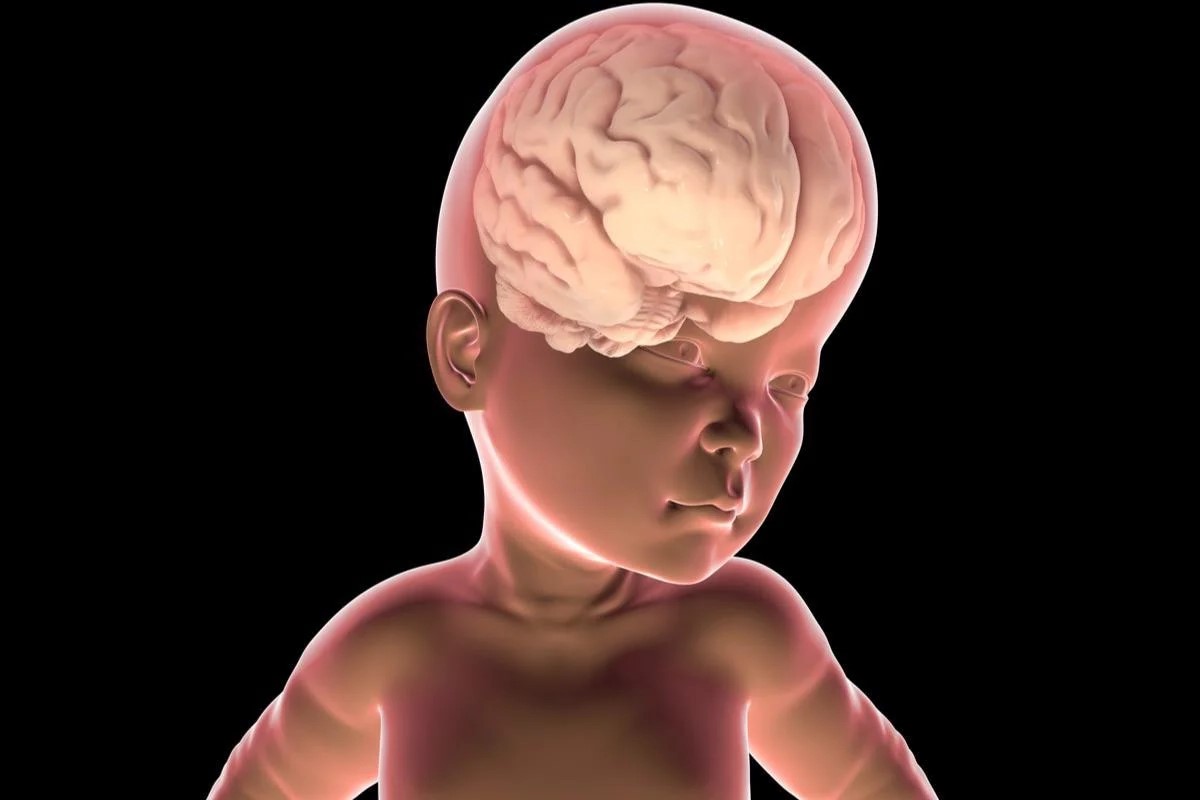
When it comes to daily life, decision making is an inevitable part of the process. Whether it’s choosing what to have for breakfast or making major life-altering choices, our lives are filled with decision-making moments. But have you ever stopped to think about the psychology behind decision making? Understanding how our brains work when making decisions can not only help us make better choices but also provide us with fascinating insights into human behavior.
In this article, we will explore 10 thought-provoking facts about decision making. From the influence of emotions on our choices to the impact of biases and heuristics, these facts will shed light on the complex nature of decision making. So, if you’re ready to delve into the intriguing world of decision making, let’s get started!
Key Takeaways:
- Decision making is a part of our daily lives, from simple choices to complex ones. It involves gathering information, considering emotions, and managing biases.
- Critical thinking and practice can improve decision making. It involves trade-offs, risk assessment, and can have long-term consequences.
Decision making is a fundamental part of our daily lives.
We make decisions every day, from simple choices like what to wear or what to have for breakfast, to complex decisions that can have significant impacts on our lives and those around us.
Decision making involves gathering and analyzing information.
When faced with a decision, we gather relevant information, evaluate the options, and analyze the potential outcomes to make an informed choice.
Emotions play a crucial role in decision making.
Contrary to popular belief, decision making is not solely based on rationality. Emotions can influence our choices, sometimes leading to intuitive decisions that may or may not align with logical reasoning.
Decision making can be influenced by biases.
We all have cognitive biases that impact our decision-making processes. These biases, such as confirmation bias or anchoring bias, can lead to errors in judgment or prevent us from considering alternative options.
Group decision making can have both advantages and disadvantages.
When decisions are made collectively, different perspectives and expertise can be taken into account. However, groupthink and conflicts can hinder the decision-making process and lead to suboptimal outcomes.
Decision making involves trade-offs.
Often, decision making requires us to prioritize certain factors and make trade-offs. We weigh the pros and cons of each option and choose the one that aligns best with our goals and values.
Effective decision making requires critical thinking skills.
Being able to think critically allows us to analyze situations, evaluate information from multiple angles, and make reasoned decisions based on evidence and logical reasoning.
Decision making can be improved through practice.
Like any skill, decision making can be honed and improved over time. By reflecting on past decisions, learning from mistakes, and seeking feedback, we can become more effective decision makers.
Decision making involves risk assessment.
When making decisions, we often need to consider the potential risks and rewards associated with each option. Understanding and managing risks is essential for making informed choices.
Decision making can have long-term consequences.
Some decisions may have long-lasting effects on our lives, relationships, and careers. It is crucial to consider the potential long-term impacts before making important choices.
Conclusion
In conclusion, decision making is an essential aspect of our daily lives. It is a complex process that involves gathering information, evaluating options, and choosing the best course of action. By understanding the facts about decision making, we can improve our ability to make effective and informed choices.From the influence of emotions on decision making to the impact of biases and heuristics, these facts shed light on the various factors that can affect our decision-making process. The ability to consider multiple perspectives, analyze risks and rewards, and think critically are key skills that can enhance our decision-making capabilities.Whether it’s making decisions in personal relationships, professional settings, or even small everyday choices, being aware of these facts can empower us to make better decisions and ultimately lead to more favorable outcomes.By embracing these facts about decision making and utilizing strategies like weighing pros and cons, seeking guidance from trusted sources, and learning from past experiences, we can navigate the complex landscape of decision making with confidence and clarity.Remember, decision making is not about aiming for perfection but rather making the best possible choice given the available information and circumstances. So, embrace the facts, trust your instincts, and make informed decisions that align with your values and goals.
FAQs
Q: Why is decision making important?
A: Decision making is important because it helps us navigate through life and make choices that align with our goals and values.
Q: What are some common biases that can affect decision making?
A: Some common biases that can affect decision making include confirmation bias, anchoring bias, and availability bias.
Q: How does emotions impact decision making?
A: Emotions can heavily influence decision making by shaping our perceptions, preferences, and the evaluations of options available to us.
Q: How can we make better decisions?
A: We can make better decisions by gathering information, considering multiple perspectives, and critically evaluating the pros and cons of each option.
Q: What role does intuition play in decision making?
A: Intuition can serve as a valuable tool in decision making, as it allows us to tap into our subconscious knowledge and experiences.
Q: How can we overcome decision-making paralysis?
A: Overcoming decision-making paralysis can be done by setting clear goals, seeking advice from others, and breaking down complex decisions into smaller, more manageable steps.
Decision-making shapes our lives, but have you ever wondered about the brilliant minds behind statistical analysis? Statisticians play a vital role in helping us understand complex data. For a deeper understanding of how our minds work, explore the groundbreaking research by Daniel Kahneman, who revolutionized our perception of thinking and judgment. If you're feeling adventurous, delve into the exhilarating world of investing, where fortunes can be made or lost in the blink of an eye. Each topic offers a unique perspective on the fascinating ways our brains process information and make choices.
Was this page helpful?
Our commitment to delivering trustworthy and engaging content is at the heart of what we do. Each fact on our site is contributed by real users like you, bringing a wealth of diverse insights and information. To ensure the highest standards of accuracy and reliability, our dedicated editors meticulously review each submission. This process guarantees that the facts we share are not only fascinating but also credible. Trust in our commitment to quality and authenticity as you explore and learn with us.


